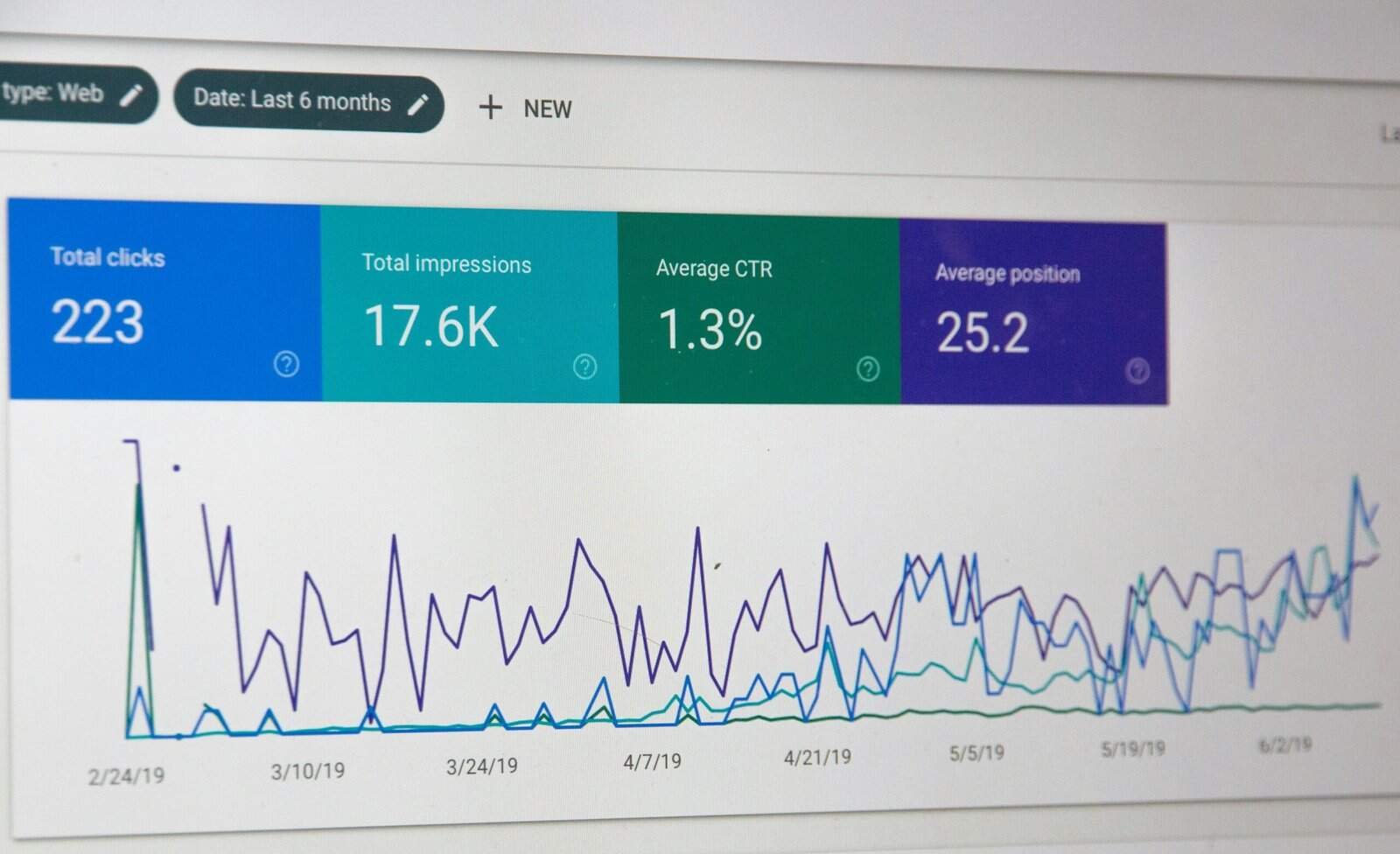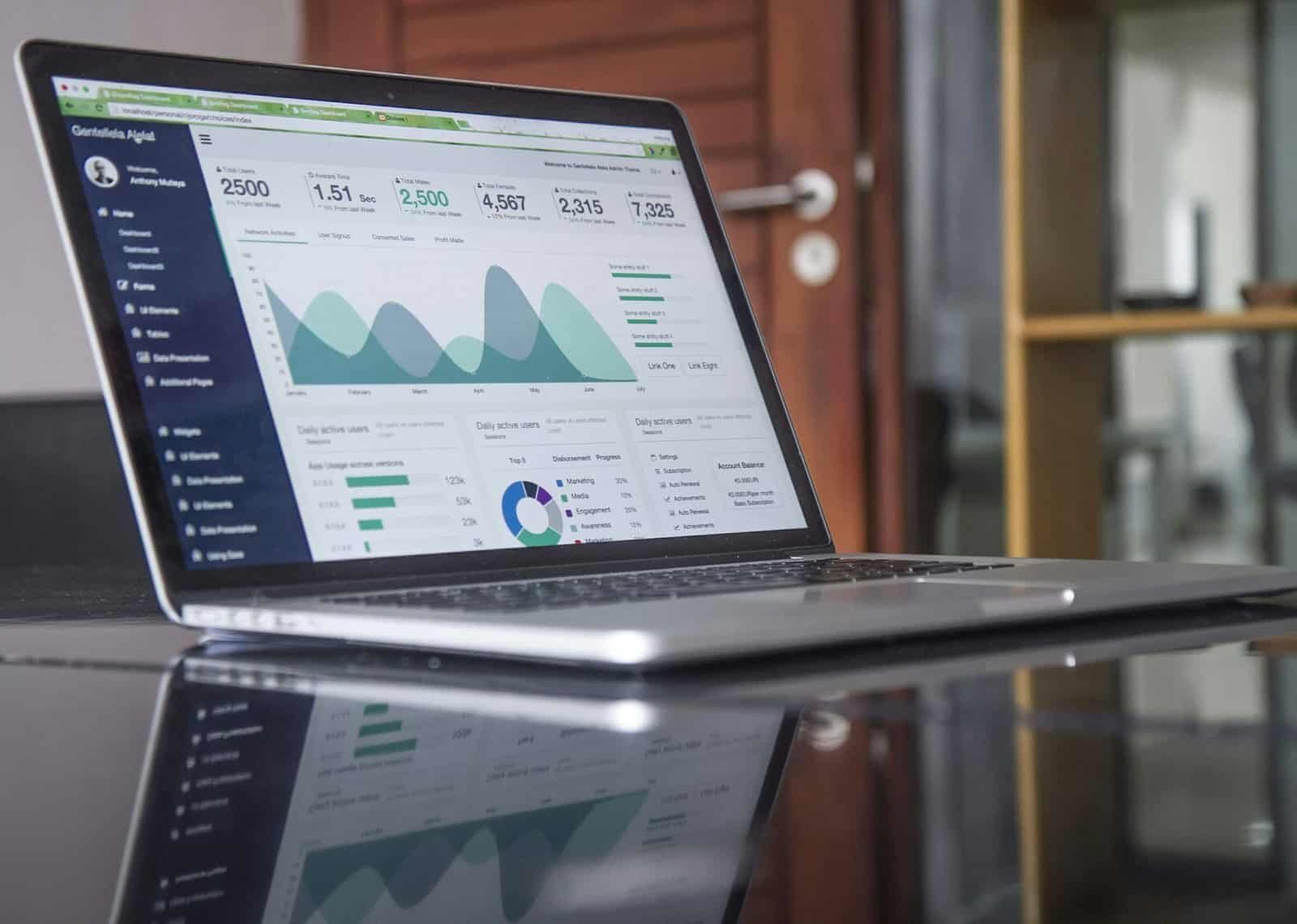Have you ever wondered what it takes to succeed as a freelance data analyst who specializes in creating insightful reports for client influencers? The world of freelance data analytics is both exciting and demanding, offering opportunities to work with a variety of clients, particularly influencers, to review contracts and provide valuable insights. This article aims to guide you on this path by exploring the roles, skills, and approaches necessary for success as a freelance data analyst.
Understanding the Role of a Freelance Data Analyst
As a freelance data analyst, your responsibilities stretch beyond simply crunching numbers. You translate complex data into understanding and actionable insights. It’s a craft that not only requires technical acumen but also a keen eye for detail and a knack for storytelling. Whether you’re working alone in your cozy home office or collaborating virtually with an influencer across the globe, your role serves as a bridge between raw data and strategic decision-making.
The Freelance Landscape
Freelancing presents both the delight of flexibility and the challenge of uncertainty. You don’t have a nine-to-five structure, and you have the freedom to choose your clients and projects. This liberty comes with the responsibility of managing your time, securing new work, and maintaining client relationships. Navigating the freelance world requires self-discipline, time management skills, and the ability to stay organized when juggling multiple projects.
Collaborating with Influencers
In recent years, influencers have become pivotal in marketing strategies, driving trends and consumer decisions. As a data analyst working with influencers, you’ll analyze engagement metrics, audience demographics, and campaign performance. Your insights enable influencers to optimize their content and strategies. It’s about helping them not only understand their current reach but also how to extend it effectively.
Essential Skills for a Freelance Data Analyst
To excel as a freelance data analyst, you need a mixed toolkit of skills, combining both hard and soft skills. Your ability to interpret data is only as good as your communication skills because you need to convey complex ideas in a straightforward manner.
Technical Proficiency
Proficiency in data software tools like SQL, Excel, R, or Python is fundamental. You must also be comfortable with data visualization tools such as Tableau or Power BI to create impactful visual narratives. These tools enable you to manage, analyze, and present data effectively.
Analytical Thinking
Analytical thinking isn’t just about understanding data but also about connecting dots that may not be immediately obvious. You need to identify trends, outliers, and patterns while considering the implications of these findings in the real world.
Communication Skills
Your technical findings are only valuable if they are understood by clients. Thus, clear and accessible communication is crucial. You need to translate data jargon into layman’s terms, adapting your reports to suit various audiences with different levels of technical understanding.
Contract Evaluation
While not immediately obvious, part of your role could involve evaluating influencer contracts. Understanding contract terms helps you to assess how these agreements might influence data collection, analysis, and ultimately the findings reported to clients.
Problem-Solving Abilities
Clients rely on you to help solve their business challenges. Sometimes, you’ll be working with incomplete datasets or under time constraints. Effective problem-solving skills can help you navigate these situations and still deliver insightful results.

Navigating Influencer Contract Review
Contract reviewing isn’t traditionally associated with data analytics, but it’s becoming increasingly important in the freelance analyst’s toolkit, especially when working with influencers. Contracts dictate the scope of work, data sharing agreements, and confidentiality – elements critical to your operations and obligations.
Understanding Contract Terms
Familiarize yourself with common contract terminology such as deliverables, revisions, deadlines, and confidentiality clauses. Knowing these concepts allows you to communicate effectively with influencers and outline clear terms for your analytic services.
Negotiating Insights
If offered a contract that seems ambiguous or lacks specifics, don’t hesitate to negotiate. You can assert your needs for clarity on data access, timelines, or additional compensation for overstructure changes. A well-structured contract results in a smoother collaboration and successful project outcomes.
Ethical Considerations
Maintaining ethical standards is paramount when reviewing contracts. Upholding data privacy and being transparent about your analysis methods are not only ethical obligations but often contracted requirements. Knowing and adhering to these ethical guidelines protects you and your client.
Building a Stellar Client Relationship
As a freelance data analyst, fostering a good relationship with your clients is as critical as delivering quality work. Good rapport with your clients can lead to repeat business, referrals, and long-term collaborations.
Open and Continuous Communication
Communicate regularly with your clients, not just at the start and end of projects. Keep them informed of your progress, any challenges you encounter, and any preliminary insights you might have. Open lines of communication ensure alignment and trust.
Delivering Beyond Expectations
Going the extra mile in your analysis or presentation can leave a lasting impression. Whether it’s by exploring additional insights not initially requested or presenting reports in a more engaging manner, exceeding expectations can set you apart.
Gathering Feedback
After completing a project, ask for feedback on your services. Knowing what worked well and what could be improved is invaluable in refining your skills and services. Plus, positive testimonials can be used to attract new clients.

Marketing Yourself as a Freelance Data Analyst
In the world of freelancing, your ability to market yourself effectively can be the difference between a thriving business and sporadic work. Getting your name out there is crucial to attracting and retaining clients.
Creating a Strong Online Presence
In today’s digital age, having a robust online presence is non-negotiable. Create professional profiles on platforms like LinkedIn, and consider having a personal website that showcases your portfolio, client testimonials, and any case studies.
Networking with Influencers and Fellow Analysts
Attend industry events, webinars, and engage in online communities to network with potential clients and fellow analysts. Networking can lead to valuable relationships, collaborations, and referrals.
Offering Free Initial Consultations
Consider offering potential clients a free initial consultation to discuss their needs and how you might help. This showcases your expertise and builds trust before contracts are signed. It’s an investment that can pay off in future business.
Challenges and Solutions in Freelance Data Analysis
Like any profession, freelancing as a data analyst comes with its own set of challenges. Being prepared for these can help you navigate the freelance tide more effectively.
Managing Unpredictable Workloads
Workloads can be highly variable, with periods of peak demand followed by quieter times. It’s crucial to manage your time well, prioritize tasks, and budget wisely to ensure financial stability through leaner times.
Securing Data Access
Getting the necessary access to client data can be a challenge, especially with privacy concerns. Establishing clear agreements regarding access and use of data at the outset can mitigate potential issues.
Staying Current with Technologies
The data analysis landscape is always evolving, with new tools and methodologies constantly emerging. Dedicate time to professional development through courses, certifications, or workshops to keep your skills up-to-date.
Ensuring Client Understanding
Complex data projects often mean complex results. Ensuring that your clients understand your findings is essential. Make use of visuals, metaphors, or analogies to communicate complex ideas simply and effectively.

The Future of Freelance Data Analysis
The future of freelance data analysis looks promising, with technological advancements and the increasing value placed on data-driven decision-making driving demand. As businesses and influencers alike strive to harness data to enhance their strategies and outcomes, your role as an analyst becomes even more integral.
Emerging Technologies
Artificial intelligence and machine learning continue to revolutionize data analysis. Embracing these technologies can create more efficient workflows and provide deeper insights, allowing analysts to transition from data interpreters to strategic partners.
Expanding Industries
While marketing and social media remain significant sectors, industries like health care, finance, and education are increasingly turning to data analytics to drive innovation. This diversification presents opportunities for analysts to apply their skills across various fields.
Shifting Client Needs
Clients are expecting more than just number crunching. They seek analysts who can understand their industry, predict market trends, and provide strategic guidance. The analyst’s role is evolving into a comprehensive consultant, serving as a crucial part of a client’s strategic team.
Conclusion
Embarking on a career as a freelance data analyst specializing in influencer reports and insights is both a challenging and rewarding endeavor. You’ll need a blend of technical prowess, communication skills, and an ability to build strong client relationships. By understanding contracts, honing key skills, and embracing the future of data analysis, you can thrive in this dynamic field, providing valuable insights that inform and transform strategies. Through your analysis, you help tell the stories that shape the future.

